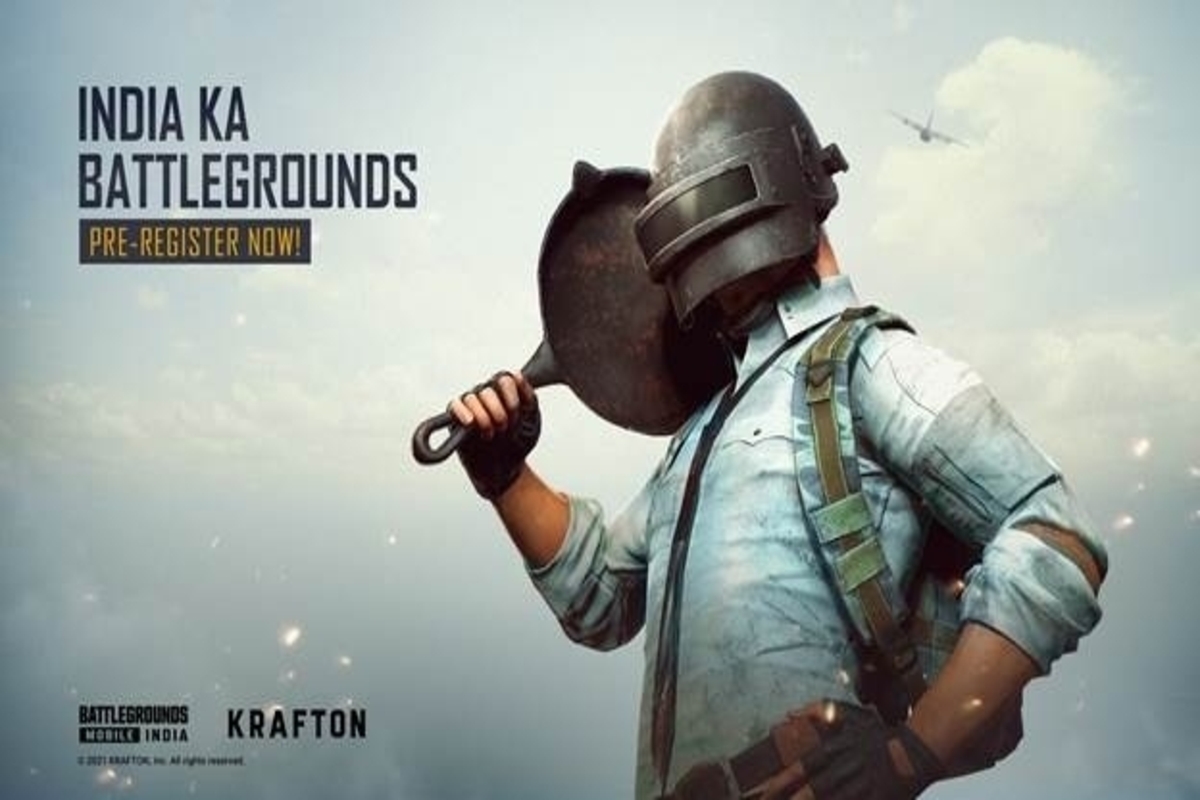Battle-royale style game and a popular alternative to the banned PUBG Mobile, BGMI, or Battlegrounds Mobile India, has been quietly taken down from the Apple App Store and Google Play Store in India as of Saturday.
The government was concerned about the app’s data security and mining in China, a source close to the government told Reuters news agency.
Advertisement
The ban has caused a furore on social media, with fans, players, and stakeholders in the gaming economy slamming the government’s decision to take the game off the shelves despite being relaunched (against PUBG) in compliance with Indian laws.
“BGMI banned. Fine, I accept it. Now ban these…” a person tweeted, referring to over a dozen popular Indian apps like Byjus, BigBasket, Flipkart, Ola, Oyo, Paytm, Swiggy, and Zomato, among others, that have backing from Chinese investors like Alibaba, Tencent, Foxconn, among others.
Google has confirmed that it has removed the app from its India Play Store “on receipt of the order, following established process.” Apple is yet to comment on the ban, but The Statesman can confirm that the app is not available on the App Store in India.
BGMI is a rebranded version of its glorious cousin, Player’s Unknown Battleground, or PUBG, which, before its ban last year, recorded an excess of 30 million daily active players on the platform.
Both PUBG and the recently-banned BGMI are battle-royale platforms and are developed by Krafton Inc., a South Korea-based company with backing from Chinese tech giant Tencent.
According to a government official speaking to Reuters, New Delhi stretched its powers under Indian IT law to restrict Battlegrounds Mobile India (BGMI), relying on the same clause it has used since 2020 to block a number of other Chinese apps due to national security concerns.
The BGMI ban follows a banning spree of hundreds of Chinese apps since 2020’s bloody India-China stand-off in Galawan Valley, including TikTok, the popular video-sharing platform.
The government did not give any particular reason behind its BGMI ban order, nor did it make any public announcement. However, the ban came a month after a 16-years old boy allegedly shot his mother for not letting him play games like PUBG.
The government’s orders under this IT law, called 69A, are generally discrete in nature, and the government does not publish or publicly announce any details.
In a tweet, Krafton said they are “clarifying how BGMI was removed from the Google Play Store and Apple’s App Store” and that the company will further communicate after they “get specific information”.
Essentially the same
Battle-royale style games in India are as popular as they are controversial. These games involve remote players collaborating in a virtual world/setting and playing in unison to shoot down enemies with the aim of remaining the last person standing.
The games are utterly popular, especially among teenagers, but adults also enjoy immersing themselves in the virtual battleground. But the popularity of these video games is often smeared with reports of unhealthy outcomes for their players, especially teenagers.
There are reports of children committing crimes when they were prohibited from playing the games and becoming aggressive and socially distant. For instance, a 16-year-old boy reportedly shot his mother last month for not allowing him to play games like PUBG.
Concerns have been raised about the impact of the games on children’s mental health, who often spend an unhealthy amount of screen-time with these titles.
India cracked down on dozens of Chinese apps on its app stores in 2020, citing security concerns after a bloody stand-off with China. As of now, the Chinese app ban number stands at 300 plus apps.
At the time of the ban, the government publicly cited national security interests and non-compliance with India’s IT regulations as the reasons for the ban.
However, its South Korea-based makers relaunched the game in India in September as BGMI, assuring that it had revoked links to China’s Tencent as a publisher of the game’s franchise and had taken over the rights in India.
BGMI’s Twitter handle says the game is “directly serviced by KRAFTON.”
However, concerns were soon raised over the game’s data security, and Indian politicians and political parties called for probes into the game’s ill effects on the players and “China influence.”
According to Krafton’s regulatory filing, Tencent owned a 13.5 percent ownership in Krafton as of the end of March through an investment vehicle.
BGMI, like PUBG, initially got a nod from the government for complying with the laws when it was launched in July last year.
But the game was soon under the radar of the government for regulatory actions following some extreme incidents linked with the game, including aggressive behaviour in children, addiction to the game, and unconsented spending of in-app money, among others.









